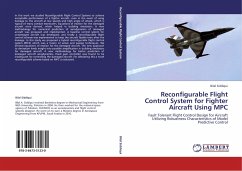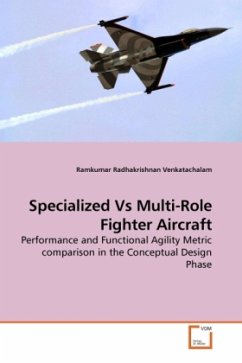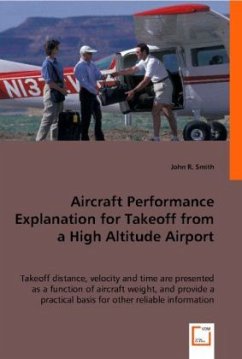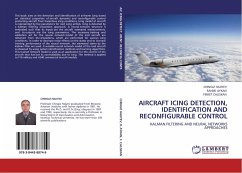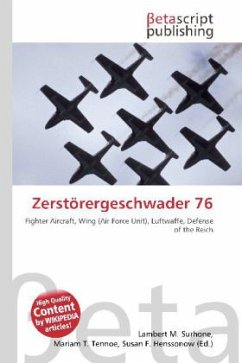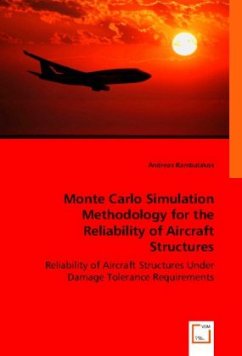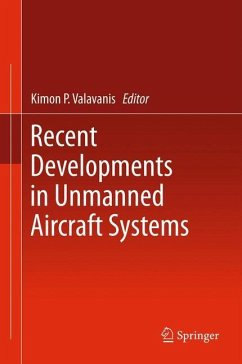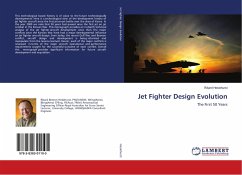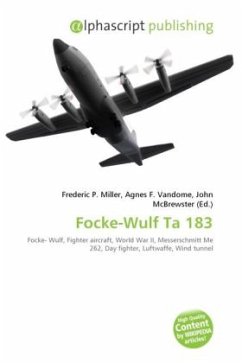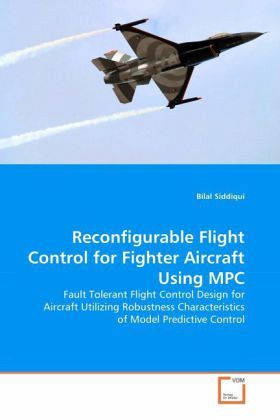
RECONFIGURABLE FLIGHT CONTROL FOR FIGHTER AIRCRAFT USING MPC
Fault Tolerant Flight Control Design for Aircraft Utilizing Robustness Characteristics of Model Predictive Control
Versandkostenfrei!
Versandfertig in 6-10 Tagen
52,99 €
inkl. MwSt.

PAYBACK Punkte
26 °P sammeln!
In this work we studied Reconfigurable Flight Control Systems to achieve acceptable performance of a fighter aircraft, even in the event of wing damage to the aircraft at low speeds and high angle of attack, which is typical of many combat maneuvers. Equations of motion for the damaged aircraft were derived, which helped in building simulators. A new methodology for numerical prediction of aerodynamics of damaged aircraft was proposed and implemented. A baseline control system for undamaged aircraft was developed, and finally a reconfigurable flight control scheme was implemented to keep the a...
In this work we studied Reconfigurable Flight Control Systems to achieve acceptable performance of a fighter aircraft, even in the event of wing damage to the aircraft at low speeds and high angle of attack, which is typical of many combat maneuvers. Equations of motion for the damaged aircraft were derived, which helped in building simulators. A new methodology for numerical prediction of aerodynamics of damaged aircraft was proposed and implemented. A baseline control system for undamaged aircraft was developed, and finally a reconfigurable flight control scheme was implemented to keep the aircraft flyable even after the damage. In this study we proposed a hybrid reconfigurable flight control system (RFCS) which was a fusion of active and passive techniques. We derived equations of motion for the damaged aircraft. The new approach to derivation lends insight into possible simplification in building simulators for damaged aircraft. A new methodology for better prediction of damaged aircraft aerodynamics. Fixed gain controller was found to be inadequate for controlling the damaged aircraft. For alleviating this a novel reconfigurable scheme based on MPC is evaluated.



